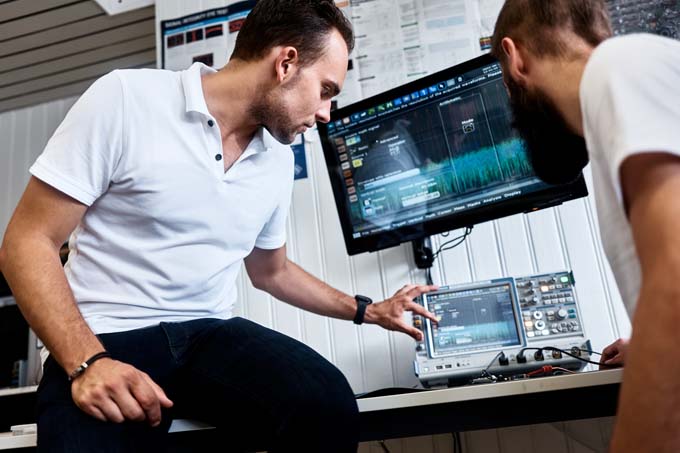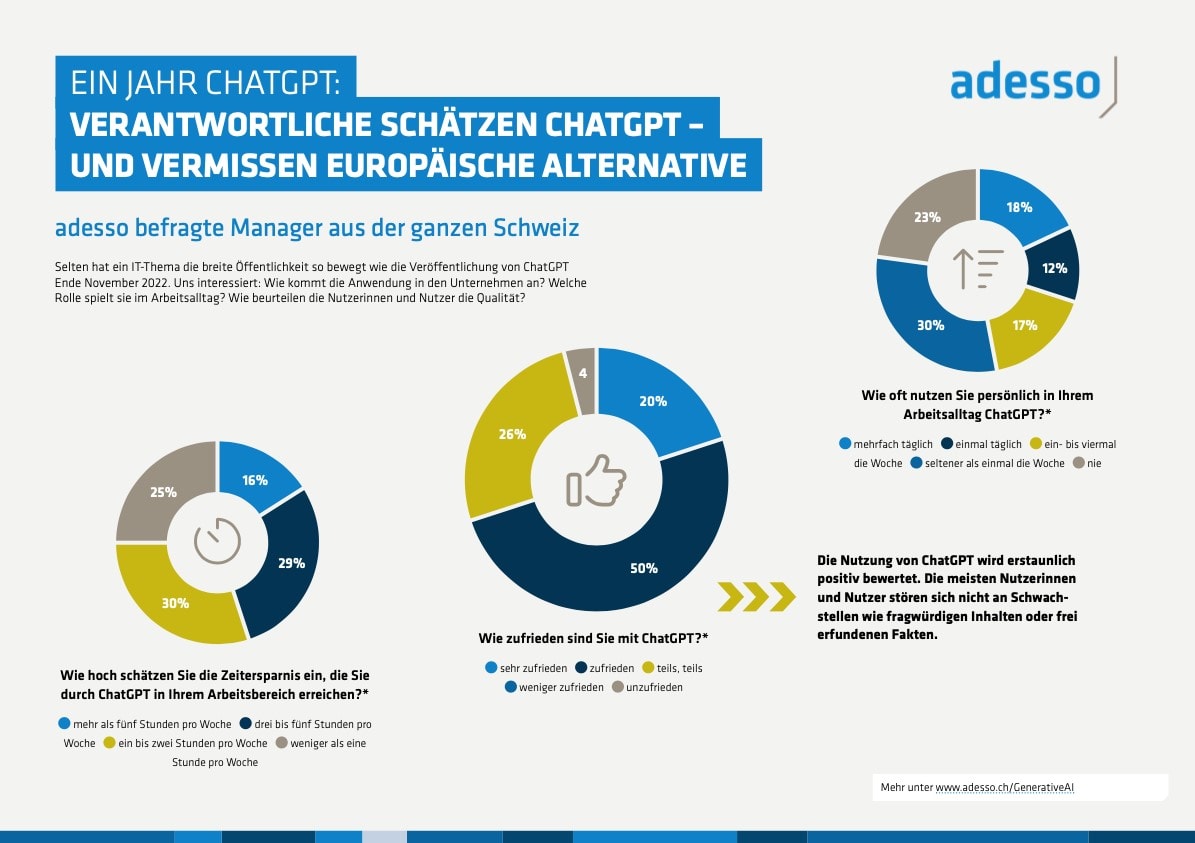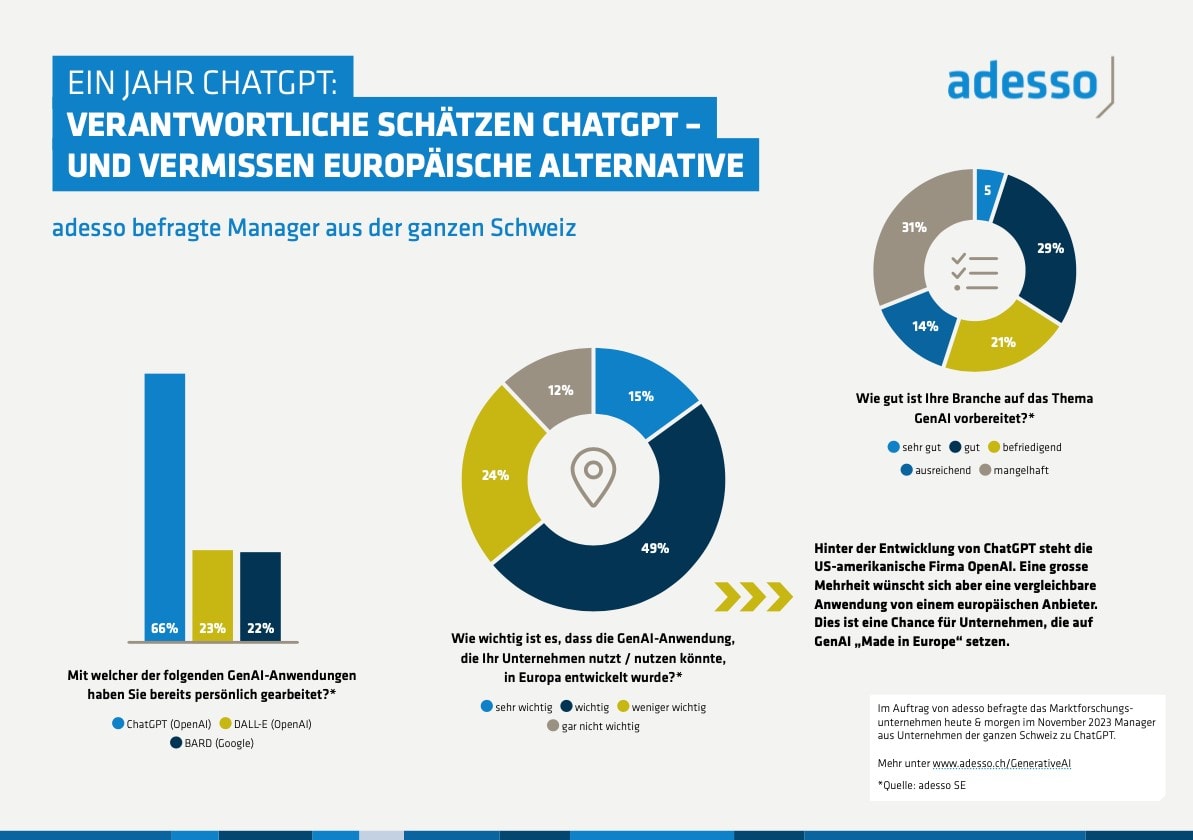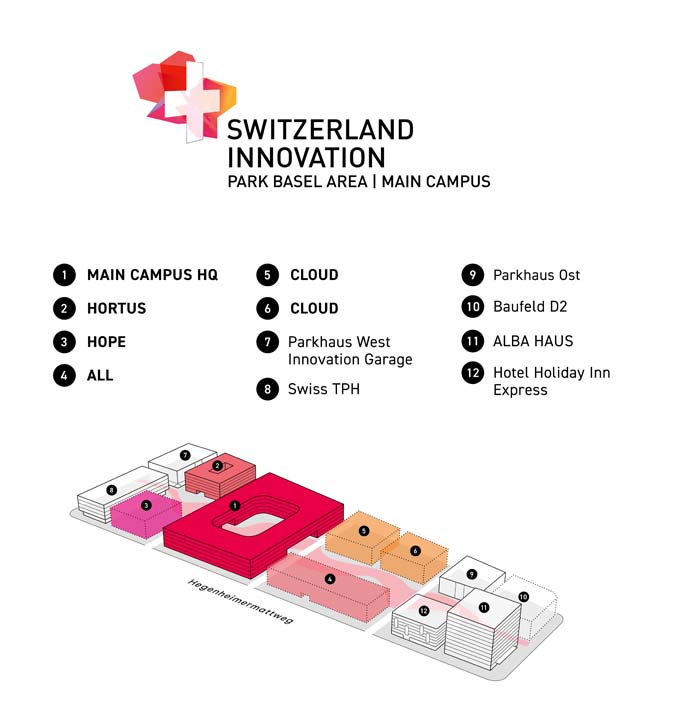Switzerland is becoming one of the most open economies in the world
On January 1, 2024, Switzerland will unilaterally abolish import duties on almost all industrial goods as part of a series of import facilitations. Exceptions are agricultural products (including processed agricultural products and animal feed) and fishery products.

As a result, compliance and import procedures for products will become less complex and time-consuming, reducing costs for businesses and consumers. With the unilateral reduction of industrial import tariffs to zero, the Swiss economy will join Hong Kong, Kiribati, Macao and Singapore in the club of economies with the lowest tariffs worldwide.
High import profits
Companies benefit from a double cost saving: on the one hand, this reduction is achieved through the elimination of customs duties and, on the other, through less costly import clearance. "Import gains of around 12.3 % or USD 38.2 billion are likely to be achieved per year. Wood and paper, minerals and metals as well as vehicles will benefit the most in percentage terms," explains Jasmin Gröschl, Senior Economist at Allianz Trade. The abolition of customs duties thus increases the competitive advantage of Swiss companies in manufacturing and assembly on a global level. The State Secretariat for Economic Affairs (SECO) estimates the increase in added value at around CHF 860 million per year. Tariff reductions could result in annual savings of around CHF 350 million for Swiss consumers. However, the gain is offset by a loss of -CHF 555 million or -0.7 % in federal revenue. "Overall, companies in Switzerland will benefit from the elimination of customs duties and the simplification of the associated administrative processes as a result of cheaper inputs and therefore lower production costs," says Jan Möllmann, CEO Allianz Trade in Switzerland.
Companies need to know their supply chains inside out
A certain amount of bureaucracy remains for companies operating within the framework of free trade agreements (FTA). Proof of origin will no longer be required for goods with a zero duty rate that remain in Switzerland or are consumed here. However, proof of origin will still be required for re-exported or unaltered goods in order to benefit from the rules of origin in other countries. "Companies must therefore be aware of how and where their goods are used further down the supply chain," says Gröschl.
Source: www.allianz-trade.com























